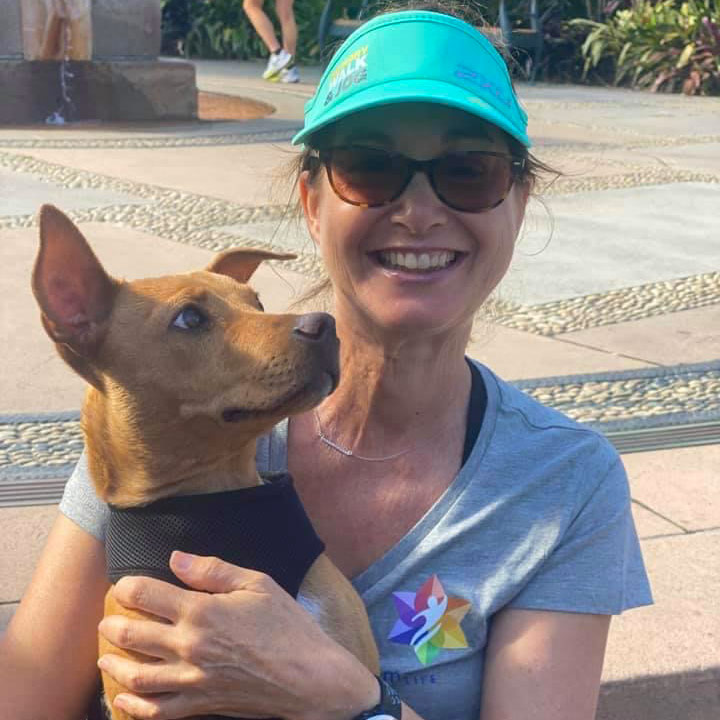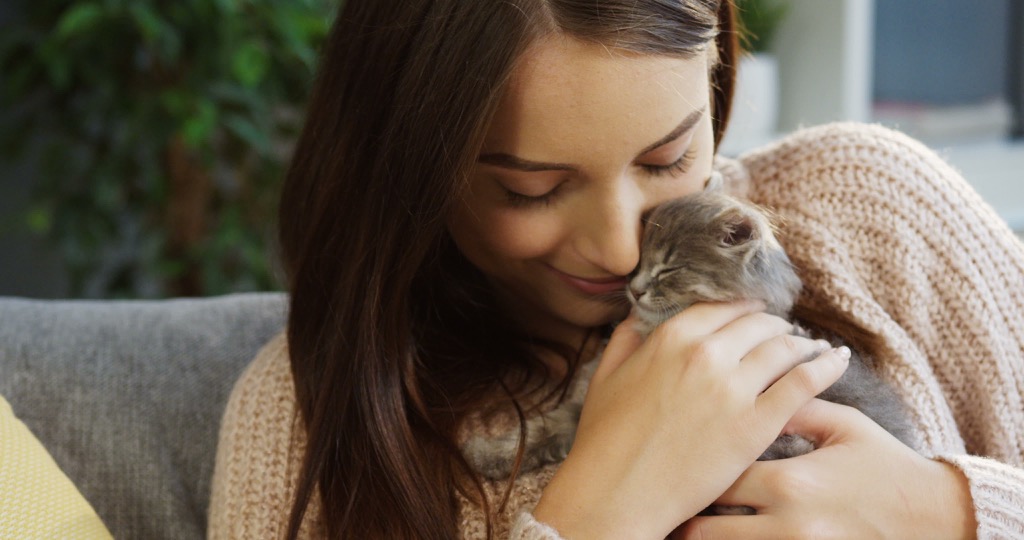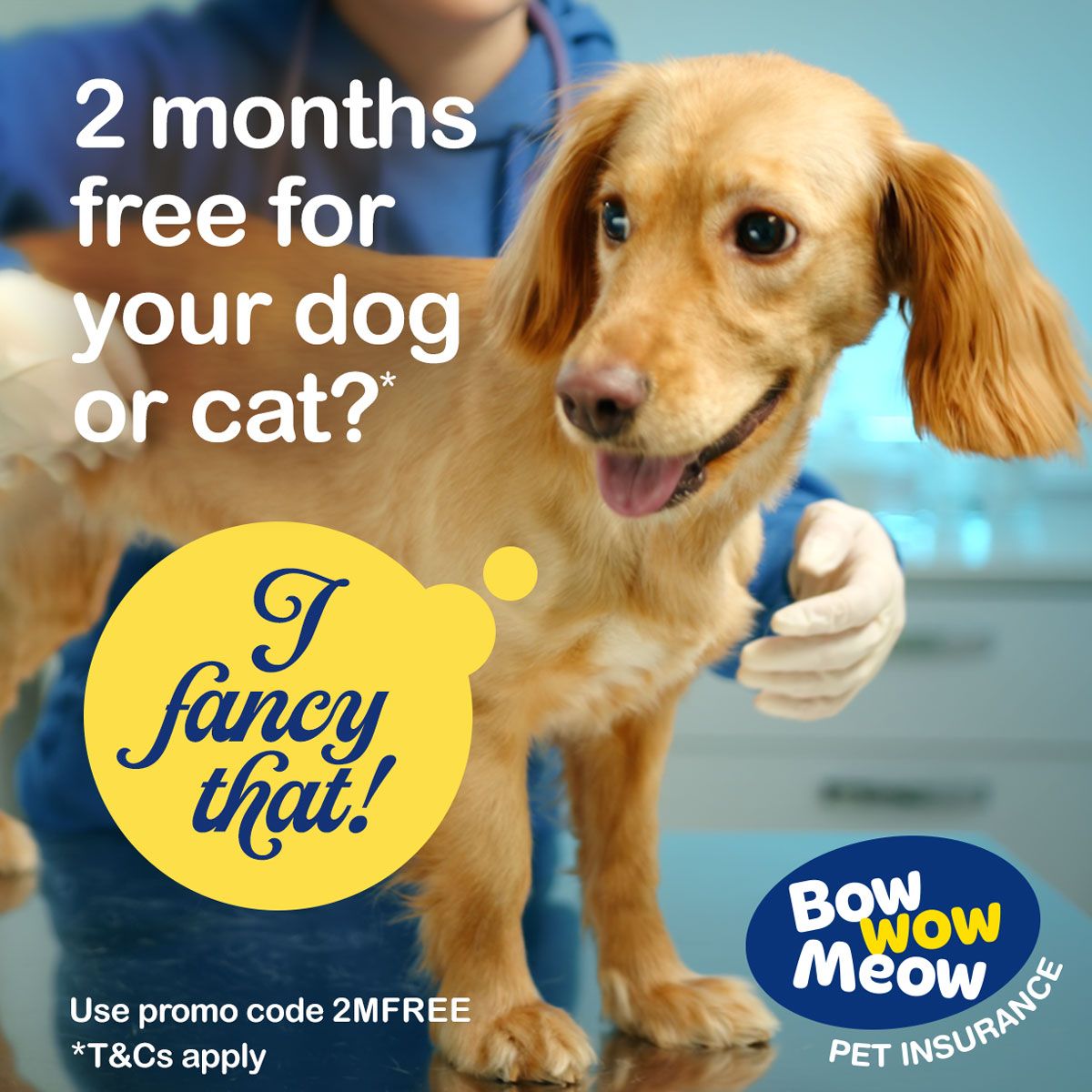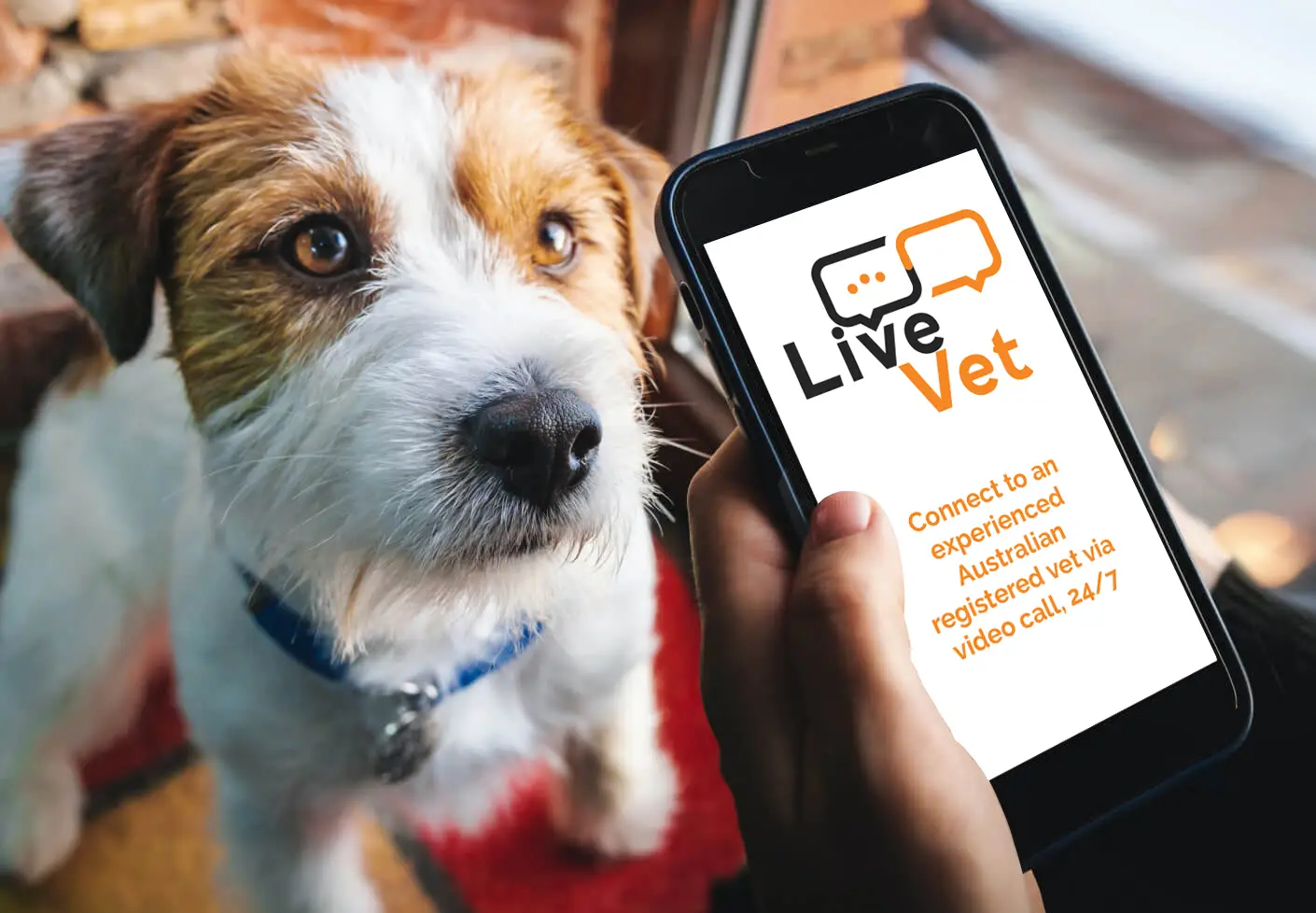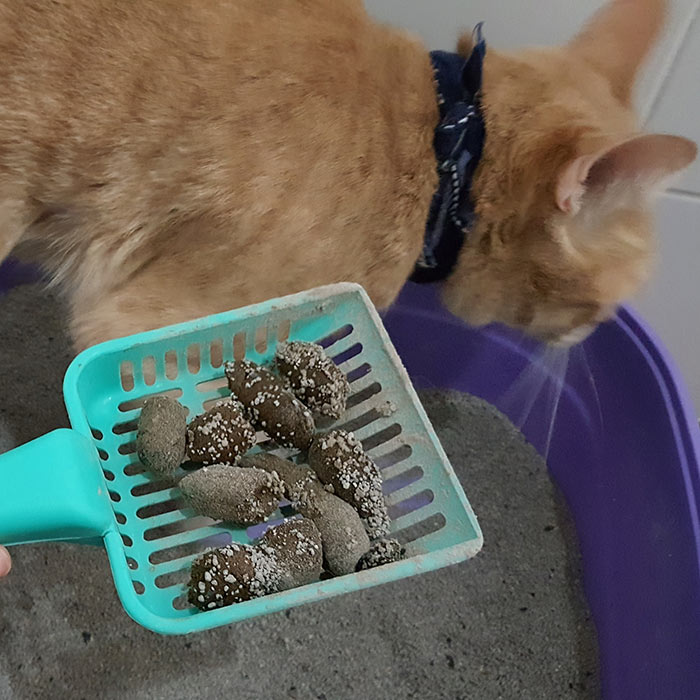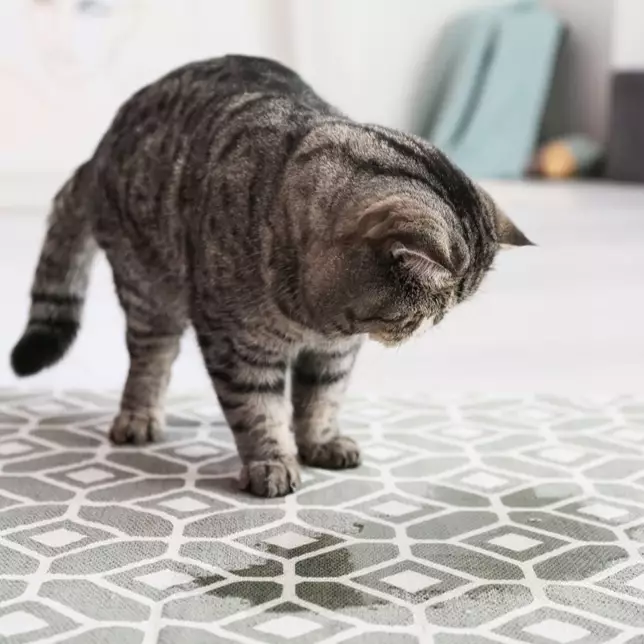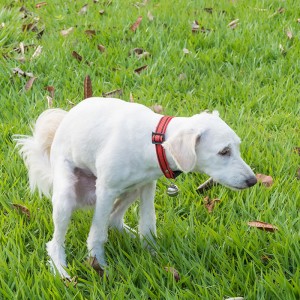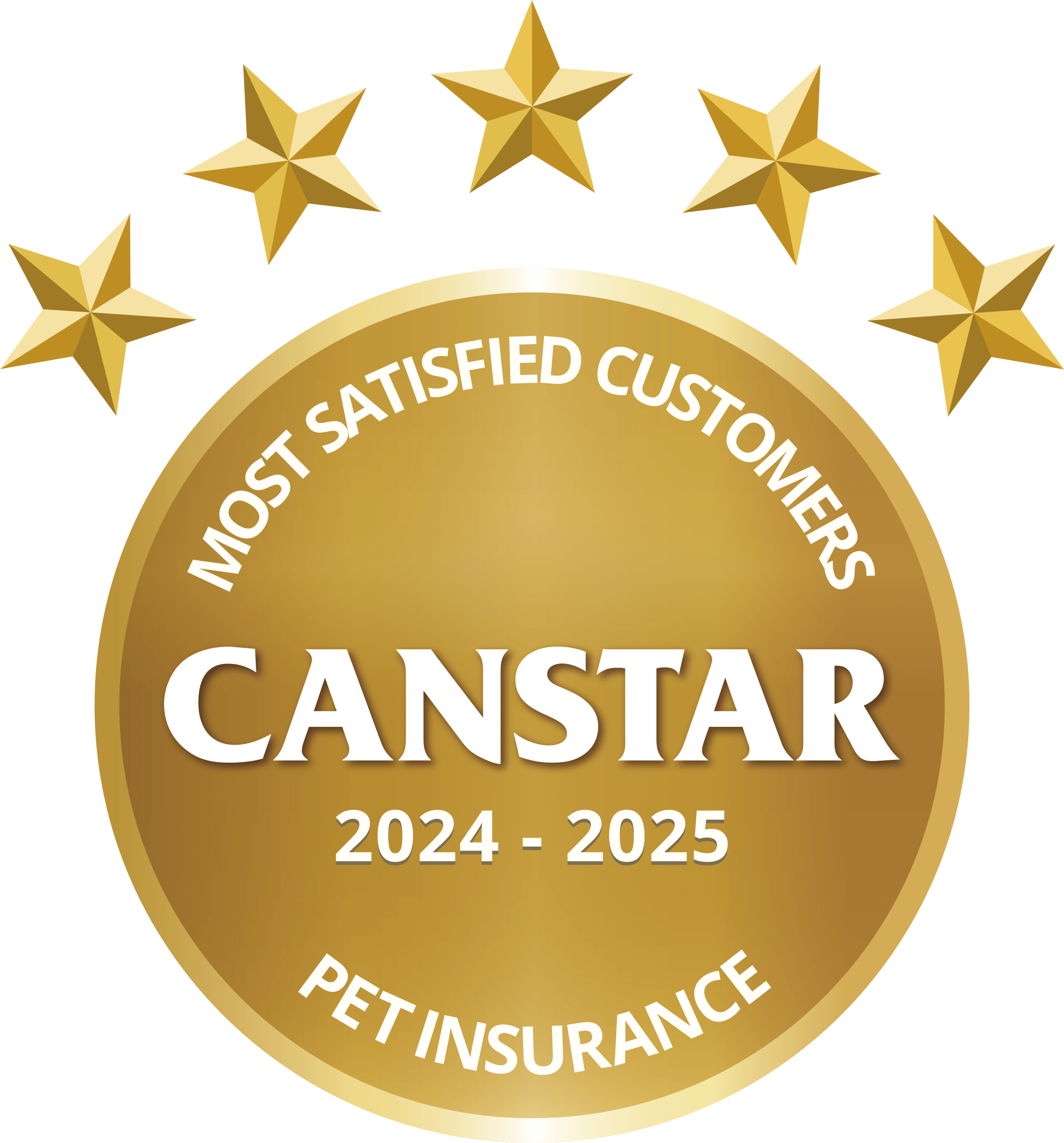Constipation in cats
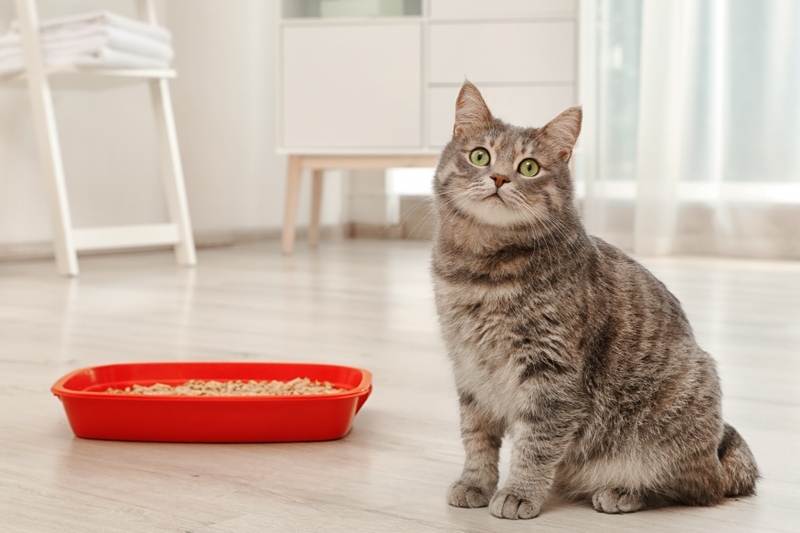
What is feline constipation?
 Feline constipation refers to difficulty in defecating (emptying of the bowels), particularly when the cat strains to eliminate and produces no faeces or a small amount of hard and dry faeces. Constipation is one of the most common digestive problems associated with cats. In normal circumstances, cats have one or more bowel movements each day, producing well-formed faeces that are a rich brown colour.
Feline constipation refers to difficulty in defecating (emptying of the bowels), particularly when the cat strains to eliminate and produces no faeces or a small amount of hard and dry faeces. Constipation is one of the most common digestive problems associated with cats. In normal circumstances, cats have one or more bowel movements each day, producing well-formed faeces that are a rich brown colour.
Constipation can occur in cats of any age, but is more common in middle-aged and elderly cats.
Cost of constipation treatment for cats
Constipation was one of the most common health issues experienced by cats in 2022, according to PetSure claims data.
Claims data for constipation |
Average cost of treatment* |
Highest cost of treatment* |
| Cats | $695 | $11,350 |
*Based on PetSure claims data, 2022 calendar year. Reimbursement for these claims under a pet insurance policy, would be subject to limits, such as annual benefit limits or sub-limits, benefit percentage, applicable waiting periods and any applicable excess. Cover is subject to the policy terms and conditions. You should consider the relevant Product Disclosure Statement or policy wording available from the relevant provider. Please note that values calculated are based on all claims for that condition and medically related conditions in each calendar year.
Because it is difficult to predict the costs of veterinary care, it can help to have measures in place to help prepare for the unexpected. Pet insurance can help by covering a portion of the eligible vet bill if the unexpected does happen.
Get a quote for 2 months free pet insurance for your puppy or kitten in their first year.
Symptoms of feline constipation
Constipation in cats may be a sign of an underlying health problem and should be investigated by your vet.
Symptoms of constipation include:
- Infrequent or no defecation
- Straining or crying out in pain when trying to defecate
- Hard, dry, small stools, possibly with some mucous or blood
- Frequent trips to the litter box without producing a stool
- Loss of appetite
- Weight loss
- Lethargy
- Vomiting
- Signs of abdominal discomfort
- Lack of grooming
Causes of feline constipation
There are many reasons why your cat may be constipated, which may be medical or behavioural. Most commonly, it is a result of dehydration, where water is reabsorbed from the faecal matter in the colon, leaving a hard, dry stool that is difficult to pass.
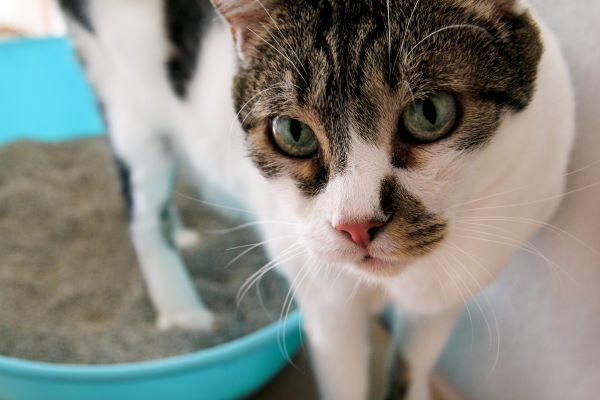
Dehydration from insufficient water intake may occur in the following situations:
- Inadequate amount of water available
- Poor quality of water available
- Excessively dry diet or diet too high in fibre
Dehydration can also result from increased water loss by the body, which may occur in the following situations:
- Ingestion of diuretic drugs that increase the passing of urine
- Vomiting
- Polyuria (excessive urination) from chronic kidney disease, diabetes mellitus, hyperthyroidism
Obstruction of passage is another cause of feline constipation, for example where there is:
- A hairball obstructing the intestinal tract
- An intestinal blockage from ingestion of a foreign object such as string, cloth, bone, etc.
- A tumour, polyp, inflammation, hernia, etc.
- Blocked or abscessed anal sacs
- Enlarged prostate gland
- Tangled, matted hair on the buttocks that block the anus
- Fractured pelvis, which narrows the pelvic canal through which the faeces must pass
- Abnormal colon shape or motility
- Decreased motility as a result of certain drugs
Other causes of constipation in cats include:
- Megacolon – an enlarged intestine caused by a gradual loss of muscle tone in the colon, which makes it difficult to expel faeces
- Stress – for example from conflict with another animal in the home, or a dirty litter box, causing reluctance to defecate
- Neurologic disorder
- Metabolic disease – obesity or hypothyroidism
How is feline constipation diagnosed?
The vet will conduct a physical examination, assess skin elasticity, body weight and other signs of dehydration and question you about your cat’s diet and symptoms. These findings will help your vet decide which additional tests, if any, are needed. These tests may commonly include:
- Complete blood count
- Blood chemistry panel
- Total thyroxine (T4) concentration measurement
- Urinalysis
- Abdominal palpation, to reveal the presence of firm faeces in the colon
- Colonoscopy, to visualise the interior of the colon
- Digital rectal examination, to assess the anal glands, prostate and pelvis and feel for any obstructions or masses.
- X-rays or ultrasound, to visualise the abdomen and intestines for the severity of the impaction and to identify other possible problems such as obstructions or degenerative skeletal changes or fractures.
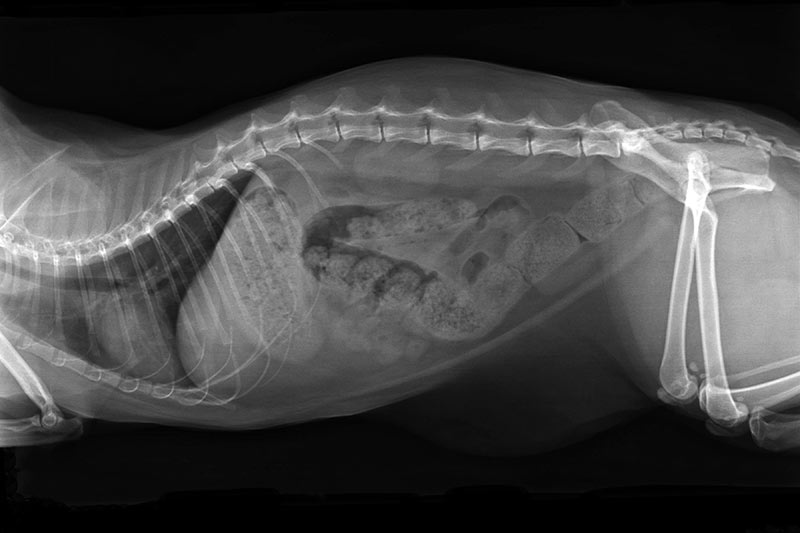
Treatment for feline constipation
In most cases, feline constipation is easily corrected. If it is your cat’s first episode of uncomplicated constipation, therapeutic rehydration may be sufficient. Depending on the cause of your cat’s constipation, your vet may recommend one or several of the following treatments:
- Intravenous (into a vein) or subcutaneous (under the skin) fluid administration, if dehydrated
- Stool softener
- Laxatives
- Enema (administered by your vet)
- Medication to increase the contractile strength of the large intestine
- Manual evacuation of the bowels (performed under sedation)
- Surgery to remove obstruction in the bowels (performed under general anaesthetic)
- Veterinarian-approved dietary modification – to modify the fibre content and/or quality of the cat’s diet, and to maintain a healthy weight
- For some cats, a high fibre diet is beneficial, but for others, a low fibre diet works better, depending on the cause of the constipation
- Increase in water consumption, including:
- providing access all day to clean fresh water
- having multiple sources of water available (some cats prefer their water to be in a different location to their food)
- switching from dry food to canned food
- mixing a little water in with your cat’s food
- Increase in exercise – invest in some cat toys and encourage running, jumping and climbing
- Regular brushing to minimise formation of hairballs
- Discontinuation of medications that could be causing the constipation
- Where the colon has been irreparably damaged, as with megacolon and chronic obstipation, a surgical procedure to remove part of the colon (colectomy).
It is important to alleviate the constipation as soon as possible, because the longer faeces remain in the colon, the drier, harder and more difficult to eliminate they become. For example, obstipation – constipation that resists treatment – can occur. In this condition, the colon is packed with an uncomfortably large amount of faeces, causing unproductive straining, lethargy, appetite loss and possibly even vomiting. This can result in the swelling of your cat’s colon and permanent loss of the colon’s motility and a complete inability to defecate.
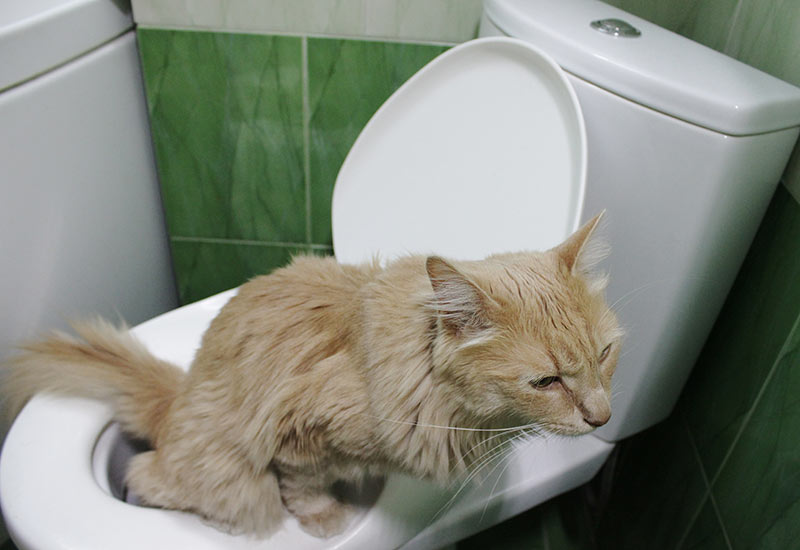
In summary
Cats with constipation can be difficult to manage, and there is usually an underlying problem that causes it. Elderly animals in particular, often suffer from infrequent or difficult bowel movements. However, the condition can occur in any cat that doesn’t eat adequate fibre, get enough water or exercise, or suffers from one or more of the causes of constipation.
Early modification and management of constipation will help prevent chronic and irreversible problems from developing. Adequate hydration is key, and behavioural and environmental aspects may also play a role. Ensure that the litter box is clean, safe and easily accessible to prevent faecal retention and inappropriate defecation. Consult your vet if you notice very hard, dry faeces or any difficulties in defecating displayed by your cat for longer than 48 hours.
Bow Wow Meow Pet Insurance can help protect you and your cat should an unexpected trip to the vet occur.
-
Find out more about our cat insurance options
-
Get an online pet insurance quote
Bow Wow Meow is proud to have been awarded winner of Canstar’s ‘Most Satisfied Customers’ Award in the Pet Insurance category for both 2024 and 2025!
Bow Wow Meow is proud to have been chosen as Product Review’s Pet Insurance Award Winner every year from 2018 to 2025! This is based on 2,995 independent customer reviews (as at 21/01/2025), with an overall rating of 4.3*
Google Review rating = 4.5* (based on 968 reviews)
Trust Pilot rating = 4.6* (based on 531 reviews)
Bow Wow Meow is proud to have been chosen as Product Review’s Pet Insurance Award Winner every year from 2018 to 2025! This is based on 2,995 independent customer reviews (as at 21/01/2025), with an overall rating of 4.3*
Google Review rating = 4.5* (based on 968 reviews)
Trust Pilot rating = 4.6* (based on 531 reviews)
Bow Wow Meow has been chosen as a winner in the Finder Pet Insurance Awards 2024. Finder’s panel of experts analysed over 140 quotes to award our Ultimate Care Plan the winner of the “Pet Insurance – Value” category.
More information
- https://www.petmd.com/cat/care/8-ways-help-your-constipated-cat
https://www.petmd.com/cat/emergency/common-emergencies/e_ct_constipation - https://www.petmd.com/cat/care/8-ways-help-your-constipated-cat
- https://www.petmd.com/cat/conditions/digestive/c_ct_constipation_obstipation
- https://www.msdvetmanual.com/cat-owners/digestive-disorders-of-cats/disorders-of-the-stomach-and-intestines-in-cats#v3243916

